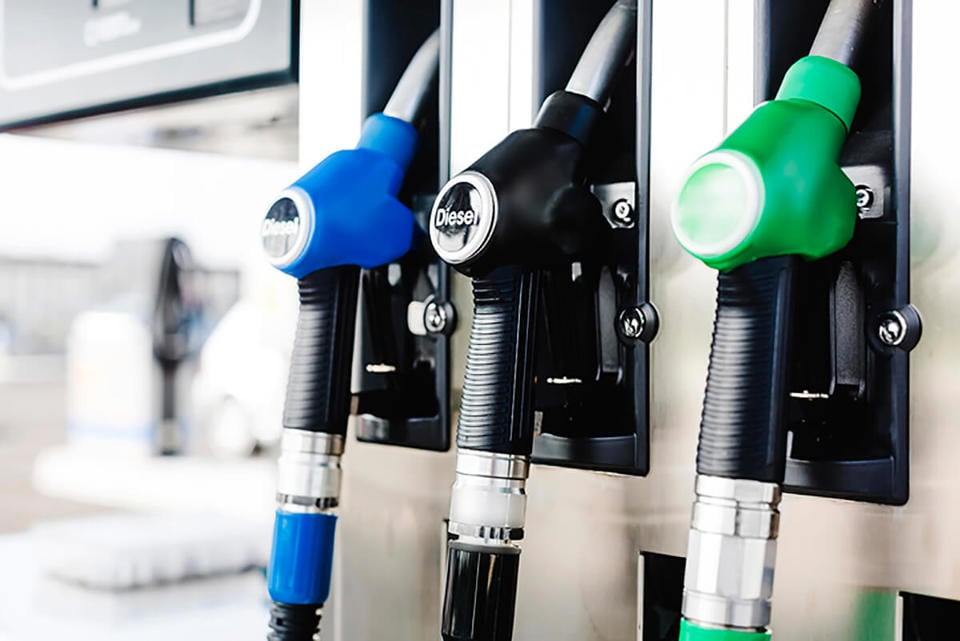Company car drivers, who have their fuel paid for by their employer, could be in line for a tax refund, according to RSM Employer Solutions.
Some 140,000 people receiving the benefit, with ‘free fuel’ equating to around 8% of the total taxable benefits in the UK. The total taxable value of fuel benefits amounts to £590 million.
Mark Morton, partner at RSM Employer Solutions, said: “HMRC has clarified its position on the taxable benefit of company cars during lockdown where it is still available for private use. However, for individuals who receive a car fuel benefit, they may be able to claim a tax refund on this.”
Read how fleets expect the long-term impact of coronavirus on operations to include reduced mileage, greater use of technology and fewer company cars in the latest digital edition of Fleet News.
Car fuel benefits are often costly from a tax perspective, because the taxable benefit is fixed and takes no account of the actual private use in the year. This can result in the tax being paid on the fuel benefit outweighing the cost of actual fuel used for private journeys during the year.
Morton continued: "Private use of company cars during lockdown is likely even lower than usual which could make the fuel benefit more costly. If an employer requires the employee to repay amounts for fuel used on private journeys and the fuel benefit is repaid before 6 July 2021, HMRC should agree no benefit-in-kind charge should arise for the 2020/21 tax year.
“It’s sensible for employees receiving fuel benefits to explore with their employer whether they are strictly required to repay amounts of their fuel benefit incurred through private use, as this could potentially lead to a reclaim of income tax.”
Guidance issued by HMRC on benefit-in-kind (BIK) tax has been criticised by the fleet industry. It says the advice could pose a problem for road safety and leave question marks over tax liabilities.
Tax officials now say they will accept a company car is unavailable where the contract has been terminated from the date that the car keys (including tabs or fobs) are returned to the employer or to a third-party as instructed by the employer.
HMRC will also accept the vehicle is unavailable, where the contract has not been terminated, after 30 consecutive days from the date the keys (including tabs or fobs) are returned to the employer or to a third-party as instructed by the employer.
The Association of Fleet professionals (AFP), as well as leasing companies, questions the logic in separating keys from cars, which may need to be moved in an emergency.
























Login to comment
Comments
No comments have been made yet.